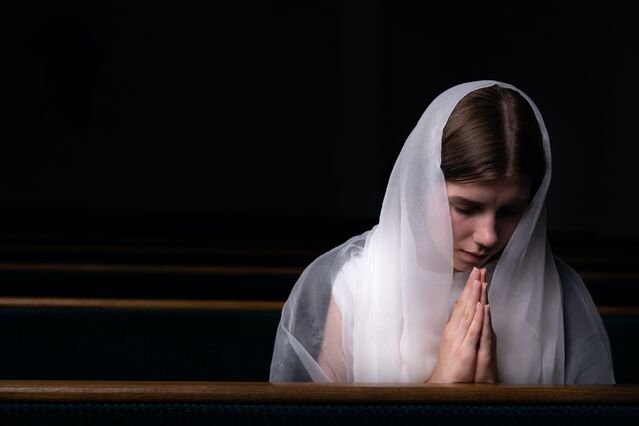Many of us are frustrated by religion. According to the General Social Survey – a large, representative survey done every few years for the past several decades – the number of Americans who say they have no religion increased from 5% in 1972 to 29% last year, for example. The COVID-19 pandemic also provided a pause from religious attendance that allowed many of us to take a step back and reconsider how we really feel about our religious beliefs, practices, and commitments.
Why are so many people “done” with religion? Researchers in one study asked individuals who said they were once – but no longer – religious to write about their primary reason for the change. By far the most common reason (52%) was intellectual, such as when a person felt their previous religious beliefs conflicted with science or logic, or when they felt they simply “outgrew” their old beliefs. Another common reason (22%) was because individuals said they didn’t feel they could be a part of an institution they felt caused trauma to themselves or others or that they believed perpetrated hatred toward certain groups, such as members of the LGBTQ population. A third reason (15%) was because people experienced personal adversity they couldn’t reconcile with their religious beliefs. Finally, some (11%) noted social reasons, such as feeling like they didn’t “fit in” with a religious community.
Research suggests “religious dones” tend to have a history of religious and spiritual struggles but that these struggles often lift when they form a non-religious identity. On the other hand, studies show how, in religious settings and groups, formerly religious people often hide their newfound beliefs and values, again feeling a lack of belonging. In addition, a good deal of research points to the significant positive resources provided by religion and spirituality. Relinquishing these resources may come with some long-term costs. For instance, doing away with all of our religious and spiritual customs may mean our children do not experience several significant rituals or rites of passage that aid in their development.
It’s not healthy to suppress our struggles with religion. Are there ways to be honest with our frustrations while still pursuing a religious or spiritual dimension to our lives? Below are five ideas for how we might do so.
1. Go deeper into religion.
Sometimes, there are resources in our religious traditions that can help us work through our frustrations. For example, many religions have insightful analyses of how faith and science can be integrated. Traditions frequently have resources for helping us reconcile the suffering we’ve experienced with our religious beliefs. A deeper exploration often points to how our religious frustrations are rooted in how religious teachings are commonly interpreted and practiced – frequently by people less informed – instead of the best a religion has to offer. In this way, digging further into religion can be the spark for personal growth and deeper understanding.
Continue reading














